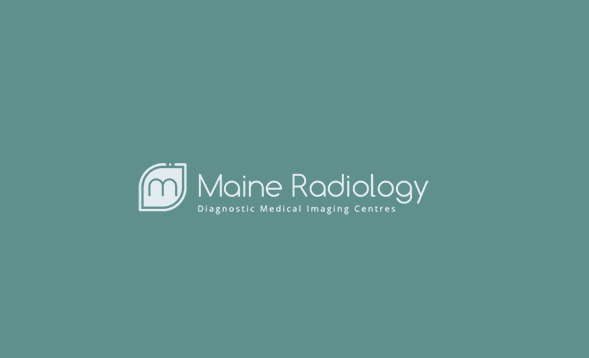
Ultrasound (Sonar)
Diagnostic ultrasound uses high frequency sound waves to produce images of structures within your body. The sonar examination is usually painless but a small amount of discomfort may be experienced. It is used to evaluate the internal organs, the musculoskeletal system, breasts, thyroid, and blood flow. However, bone tissue, the lungs, and bowel are not well visualised with ultrasound. Procedures such as biopsies or drainage of fluid are commonly performed under ultrasound guidance. Patients should generally be starved for 6 hours when evaluating the abdomen especially the gallbladder. Imaging of the urinary bladder and female reproductive organs requires the bladder to be full.

CT Scan
A CT scan is a series of X-rays that produce detailed images of organs, bones, or blood vessels. The study is generally short and painless. Radiation exposure is more compared to a single X-ray. Please inform us if you suspect you might be pregnant. In some cases, a drip will be inserted to inject iodinated contrast (a special dye). Prior to contrast administration, some patients might require a blood test to evaluate their kidney function. An iodine allergy will require additional preparation. Oral intake of contrast might be needed in studies of the abdomen or pelvis. Please arrive 2 hours prior to this type of examination.
![]()
MRI
Magnetic resonance imaging uses different magnetic fields to create images of your body. MRI does not use radiation. The study is performed with the patient inside a tube-shaped tunnel. This may be challenging for claustrophobic patients. You will be asked to complete a questionnaire prior to your examination to confirm that you have MRI compatible metal and/or implantable electronic devices. The examination usually takes 20 – 30 minutes but is generally noisy. You will be given earplugs for your own comfort. Some studies require intravenous gadolinium administration. This is only done once your kidney function is confirmed to be within acceptable limits. MRI is generally safe in pregnancy but please inform us if you suspect you might be pregnant.

Mammography
A mammogram is a specialised X-ray of the breasts using low dose radiation. It is a screening and diagnostic tool for breast cancer. The mammogram evaluates masses, calcifications, and breast tissue abnormalities. The radiographer will compress the breast tissue to obtain the images. It is important to stand still. The entire procedure takes about 30 minutes. After the mammogram, an ultrasound or biopsy of a lesion may need to be performed. Avoid deodorant, talcum powder, or lotion under your arms or on your breasts. These can affect the images obtained. Always bring your previous mammograms along for comparison.

Screening/Fluoroscopy
Fluoroscopy is equivalent to an X-ray “movie”. It is used to evaluate the digestive, urinary and reproductive systems. It can also be used to assist in procedures such as lumbar puncture, arthrography, anesthetic injection, and placement of catheters. As with all X-ray related procedures radiation exposure is kept to a minimum. Allergic reactions to iodinated contrast agents are possible but rare. If the patient recently had a contrast study it may interfere with the fluoroscopy and the study might have to be rescheduled. Please inform us if you suspect you might be pregnant.

Dexa Scan (Dual Energy X-Ray Absorptiometry)
This is a special x-ray that measures the bone mineral density and bone loss. It is used in the management of osteoporosis and risk prediction of fractures. It is a quick and painless procedure that takes up to 20 minutes. No special preparation is needed. It is important to remain still for the duration of the procedure. The scan is usually taken of the lower back and hips.
Tel: 012 367 4333
Fax: 012 347 3928
Email: kloof@scholtzrad.co.za



